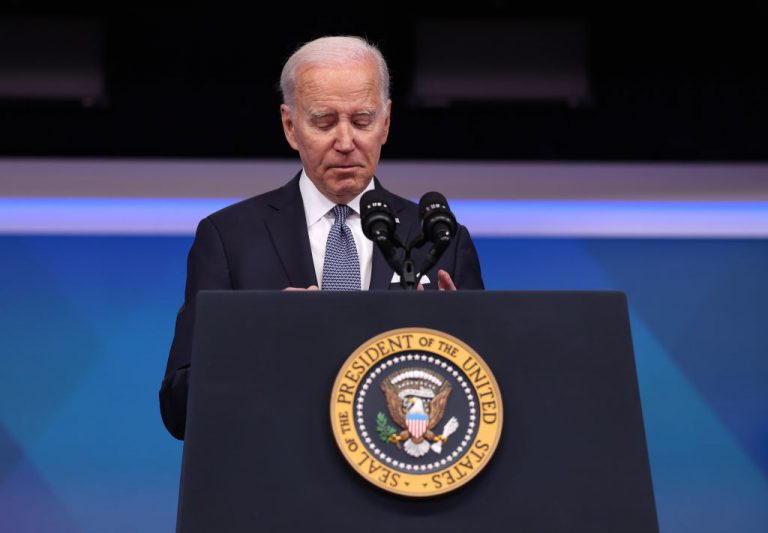Welcome to Our Research Archive
Search and filter by content type, issue area, author, and keyword
- ✕ Clear Filter
- Adam J. White (1)
- Angela Rachidi (62)
- Beth Akers (38)
- Brent Orrell (101)
- Bruce D. Meyer (15)
- Casey B. Mulligan (1)
- Charles Murray (1)
- Daniel A. Cox (11)
- Edward J. Pinto (26)
- Edward L. Glaeser (10)
- Frederick M. Hess (40)
- Greg Wright (1)
- Howard Husock (90)
- Ian Rowe (15)
- James C. Capretta (1)
- James Pethokoukis (20)
- John Bailey (2)
- Joseph Fuller (5)
- Kevin Corinth (76)
- Kyle Pomerleau (9)
- Leslie Ford (6)
- marie cohen (1)
- Mark Schneider (9)
- Mason M. Bishop (2)
- Matt Weidinger (83)
- Matthew Continetti (1)
- Max Eden (3)
- Michael Barone (1)
- Michael Brickman (3)
- Michael Pugh (2)
- Michael R. Strain (34)
- Naomi E. Feldman (1)
- Naomi Schaefer Riley (67)
- Nat Malkus (21)
- Nicholas Eberstadt (5)
- Paul Ryan (3)
- Preston Cooper (37)
- R. Glenn Hubbard (4)
- Ramesh Ponnuru (5)
- Raphael Colard (1)
- Richard Burkhauser (8)
- Richard V. Burkhauser (4)
- Robert Cherry (6)
- Robert Doar (14)
- Robert Pondiscio (18)
- Ross Douthat (2)
- Ryan Streeter (5)
- Sally Satel (2)
- Samuel J. Abrams (7)
- Scott Winship (61)
- Stan Veuger (10)
- Timothy P. Carney (16)
- Tobias Peter (34)
- W. Bradford Wilcox (86)
- Yuval Levin (10)

September 15, 2023
Putting This Year’s Poverty Numbers in Context
On Tuesday, the Census Bureau released its latest income and poverty estimates covering calendar year 2022, including two assessments of poverty in America. One, called the Official Poverty Measure (OPM), focuses on earnings and cash-like government benefits, such as Social Security, unemployment, and welfare checks. A second, known as the Supplemental Poverty Measure (SPM), also…

September 12, 2023
Measuring Poverty: The New Census Estimates and the Future of Poverty Measurement
Join AEI’s Center on Opportunity and Social Mobility for the release of the Census Bureau’s 2022 income and poverty estimates. AEI’s poverty experts will break down the numbers and discuss what they mean for the United States’ economic well-being. Then, they will discuss the state of poverty measurement and how it can be improved in…

September 5, 2023
Audit Finds California Continues to Mismanage Unemployment Benefits
A scathing report released by the California State Auditor on August 24 finds that the state’s Economic Development Department (EDD) continues to mismanage the unemployment insurance (UI) program, resulting in “a substantial risk of serious detriment to the State and its residents.” The California Labor and Workforce Development Agency, which oversees EDD, was formerly led by Julie…

September 1, 2023
Despite Staggering Improper Payments, New Labor Department Report Calls for Reviving Pandemic Unemployment Assistance
As America prepares to celebrate Labor Day, it’s timely to wonder what the US Department of Labor (DOL) has been up to. One noteworthy recent action was DOL’s August 21 release of a report on improper payments made by the troubled Pandemic Unemployment Assistance (PUA) program. PUA was a temporary federal program in 2020 and 2021, which…

August 31, 2023
Where Are The Energy Stamps, Joe?
As summer temperatures rise , the Biden administration has pushed its green energy agenda hard — all the while ignoring the financial pain those policies disproportionately cause lower-income Americans. Last month, the Department of Transportation released fuel economy standards constituting a de facto mandate to purchase new electric vehicles. With the average EV price exceeding $60,000 , government subsidies may help the well-off…

August 23, 2023
Labor Department Report Finds Pandemic Unemployment Program Had a Staggering 36 Percent Improper Payment Rate
On August 21, the US Department of Labor (DOL) released its long-awaited “improper payment report” on the troubled Pandemic Unemployment Assistance (PUA) program. PUA was an unprecedented federal unemployment benefit program that operated from early 2020 through September 2021. Prior reports from the DOL Inspector General and the Government Accountability Office suggested that PUA was subject to historic, but previously unconfirmed, levels…

August 14, 2023
Tracking Plans to Make Pandemic Benefit Expansions Permanent
In 2008, former White House Chief of Staff and Chicago Mayor Rahm Emanuel famously said what has come to be known as Rahm’s rule: “You never want a serious crisis to go to waste. And what I mean by that [is] it’s an opportunity to do things that you think you could not do before.” It’s clear that…

August 3, 2023
Another Pandemic Legacy: Removing the EITC’s Work and Earnings Requirement
Since its origin in the 1970s, the Earned Income Tax Credit (EITC) has been the premier federal program promoting and rewarding work by low-income adults. As displayed below, taxpayers have devoted rapidly growing resources to the EITC since the 1980s. Overall, between 1975 and 2022, the EITC cost taxpayers a total of $1.8 trillion, which…

July 26, 2023
How Worker Benefits Turn into Welfare
The disparity between what the federal government collects in taxes and what it spends was never greater than during the pandemic, when annual deficits peaked at $3.1 trillion in 2020. Even today, when the president swears Bidenomics is “working everywhere,” annual deficits exceed $1.5 trillion, and are expected to only grow. One little-noticed driver of record deficits was…

July 19, 2023
Americans Aren’t Buying Bidenomics—Because They’ve Heard the Lies Before
President Joe Biden is desperately trying to sell Americans on Bidenomics, but they’re not buying it. Recent polls show only 39% of US adults approve of Biden’s economic leadership, and a majority of the country has disapproved of his overall job performance for almost two years. At this stage of a presidential administration, only Jimmy Carter had…